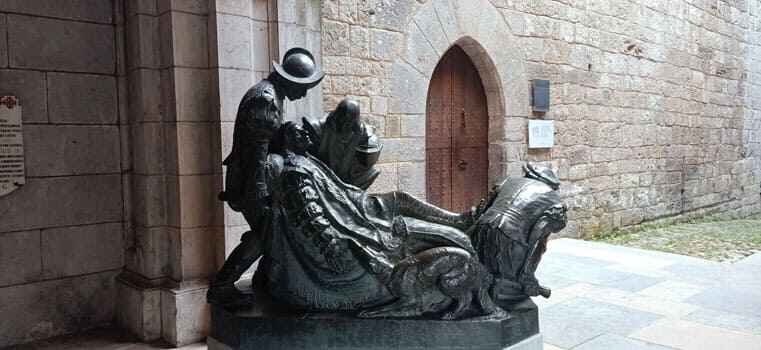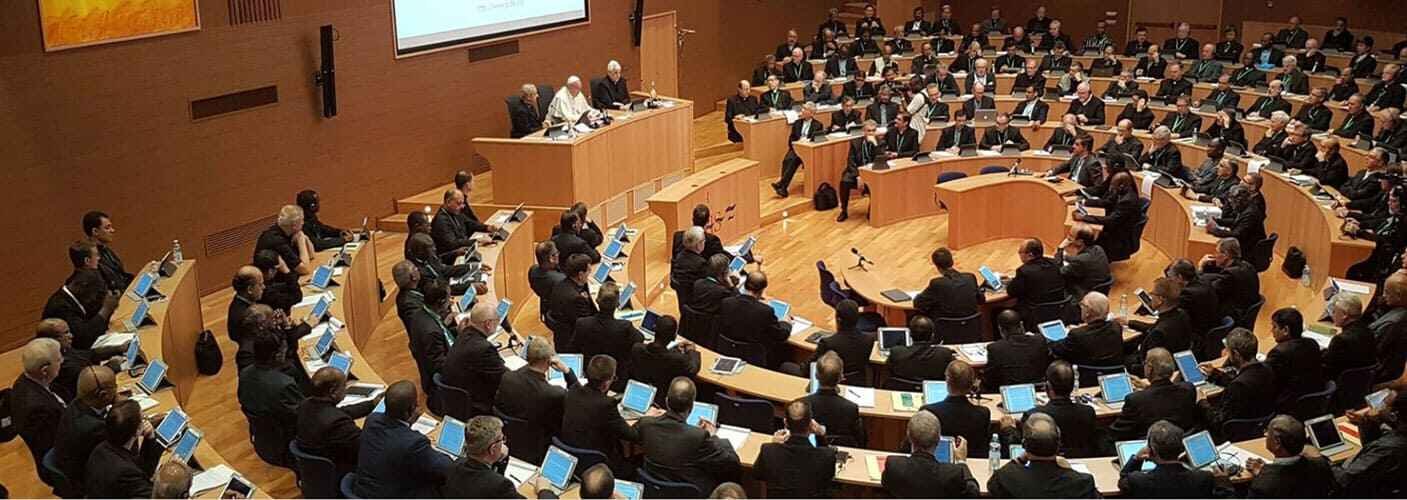Madurai Province

History of
Madurai Province
Jesuit presence on the Indian sub-continent dates back to the arrival of Francis Xavier in Goa on 6th May 1542. As for as the Tamil country was concerned, Francis Xavier and his companions had worked in the Pearl Fishery Coast, Mylapore and in other parts, preached the Gospel and planted the Catholic Church. The whole of India, including the Tamil country was part of the Goa Province, having Francis Xaiver as its first Provincial.
Antony Criminali (1520-1549), Henri Henriques (1520-1600), Gonçalo Fernandez (1541-1621), Robert de Nobili (1577-1656) and others were sent from Goa to Tuticorin, Madurai and other parts of Tamil Nadu to preach the Gospel and to baptise those who believed in Christ. When Robert de Nobili visited Madurai in 1606, he found it an ideal place for evangelization and conversion and so he founded a mission known as "Madura Mission" (1606), dependent on Goa Province for men and material. After Robert de Nobili, great personalities like St. John de Britto (1647-1693), Constantine Joseph Beschi (1680-1747) and others have worked in this Mission till 1759 when all the Jesuits working in the Portuguese possessions in India were arrested and deported to Portugal by the plot of Pombal who was against the Jesuits and on 21 July 1773, Pope Clement XVI suppressed the Society of Jesus in the whole world. The Society of Jesus upto its suppression is also known as the Old Society to differentiate it from the New Society for it was re- established on 7th August 1814 by Pope Pius VI. At the request of Pope Gregory XVI, Rev. Fr. J. Roothann, General of the Society of Jesus, entrusted the Mission to the Provincial of Lyons in France, Fr. Francis Renault who at once sent four French Jesuits to Madura Mission in 1837: Joseph Bertrand (1801-38-44-1884), Louis Garnier (1805-38-1843), Louis du Ranquet (1806-38-1843) and Alexander Martin (1799-38-1840).

"Madurai Province" derives its name from 'Madura Mission' which stands for two Jesuit Missions, namely, the 'Old Madura Mission' and the 'New Madura Mission' (1837-1952) by the French Jesuits of the New Society. The name 'Madura' is very significant here because since its foundation in 1606, all the European Jesuits, both of the Old and New Society, continued to keep the name 'Madura' and called their mission 'Madura Mission'.
Though the foundation of the Mission originates from Robert de Nobili, the real base for the present Madurai Province was laid and developed by the French Jesuits who worked for its development and consolidation for over a period of 115 years (1837-1952). The New Madurai Mission was under the care of the Provincial of Lyons for fifteen years (1837-1852) only. When the Toulouse Province in the South of France was created in 1852, Madura Mission was entrusted to the care of Toulouse. In 1886 Tiruchirapalli assumed importance as the first Jesuit Diocese in the Mission and this was followed by the formation of two more new Dioceses, namely, Tuticorin (1923) the first Indian diocese of the Latin rite and Madurai (1938). Yet another significant milestone in the history of the Mission was that it was raised to the status of a Vice- Province in 1929, still dependent on the Toulouse Province; it was significant in the sense that the Vice-Province was likely to become an independent Province. On the occasion of the Centenary Year (1852-1952) of the Toulouse Province, Madurai Vice-Province was raised to the status of an Independent Province on 15th August 1952. Whatever Madurai Province inherited in 1952 were the fruits of the tireless efforts and heroic sacrifices made by the French Jesuits, first, of the Lyons Province (1837-1852) and then of the Toulouse Province (1852-1952) and Madurai, therefore, remains ever indebted to the French Jesuits.

Provincials of
The Jesuit Madurai Province

1952 - 1953 (Act)

1953 - 1958

1958 - 1964

1958 - 1969

1969 - 1973

1973 - 1975

1975 - 1981

1981 -1987

1987 - 1993

1993 - 1999

1999 - 2005

2005 - 2011

2011 - 2017

2017 - 2023

2023 - Till Date
